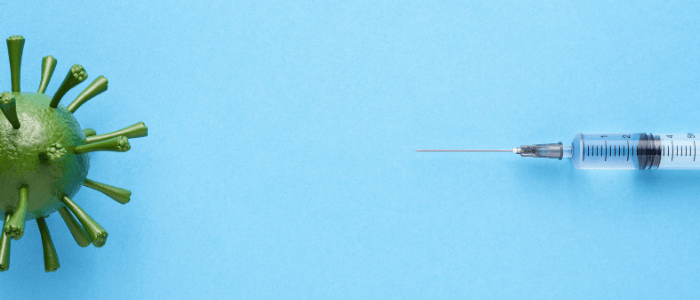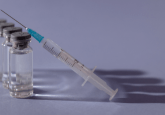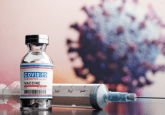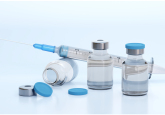How effective are the COVID-19 vaccines for those who are immunocompromised?

Up to 5000 immunocompromised people from across the UK are set to be vaccinated as part of the Octave study to investigate COVID-19 vaccine efficacy in those with impaired immune systems.
Thus far with the UK’s COVID-19 vaccine rollout, there have been some promising results seen in trials and real-life data, with a study into the effect of a first dose of COVID-19 vaccines on the Scottish population demonstrating 85% and 94% reduced risks of hospitalization for the Pfizer–BioNTech and University of Oxford–AstraZeneca vaccines, respectively.
Panel discussion: Immunology, from cancer to COVID-19
Our panelists will discuss vaccine development, addressing unknowns in immune response and leveraging the immune system in disease treatment.
While COVID-19 vaccines have been approved as safe and recommended for those who are immunocompromised, there is currently little evidence on the efficacy of COVID-19 vaccines in this group of people.
“We urgently need to understand if patient populations with chronic conditions such as cancer, inflammatory arthritis and kidney and liver disease are likely to be well protected by current COVID-19 vaccines,” commented lead researcher Iain McInnes (University of Glasgow, UK).
“The Octave study will give us invaluable new data to help us answer questions of this kind from our patients and their families.”
The study participants will undergo blood tests before and after vaccination, with researchers using these samples to determine each patients’ immune response to COVID-19 and likelihood of protection against SARS-CoV-2 infection.
The first results from this study are expected within the next few months, however, full results from the Octave trial will not be available until later this year, or potentially into next year. The findings will be used to inform how best to vaccinate and protect those who are immunocompromised against SARS-CoV-2.
For more on the COVID-19 pandemic, see the dedicated hub on our sister site, Infectious Diseases Hub >>>>






